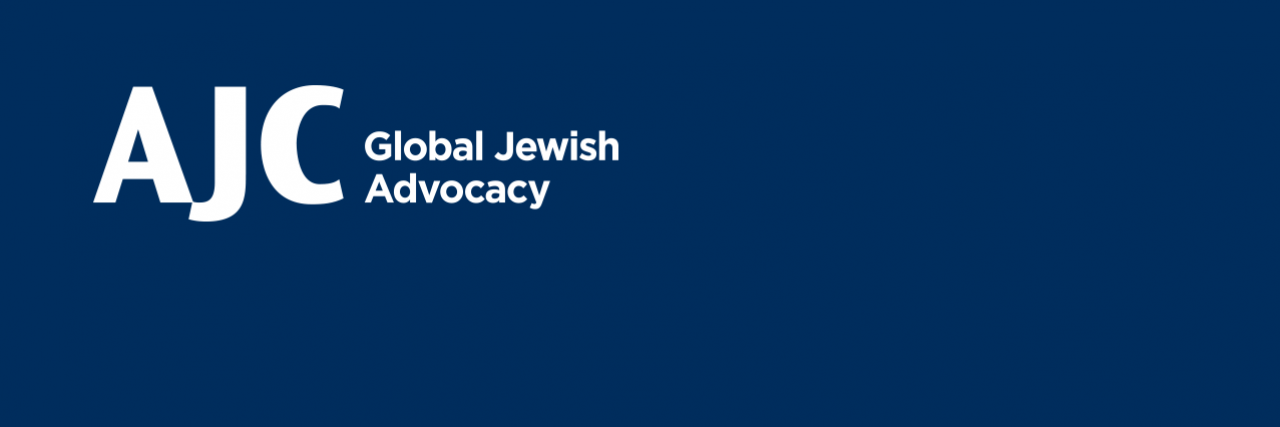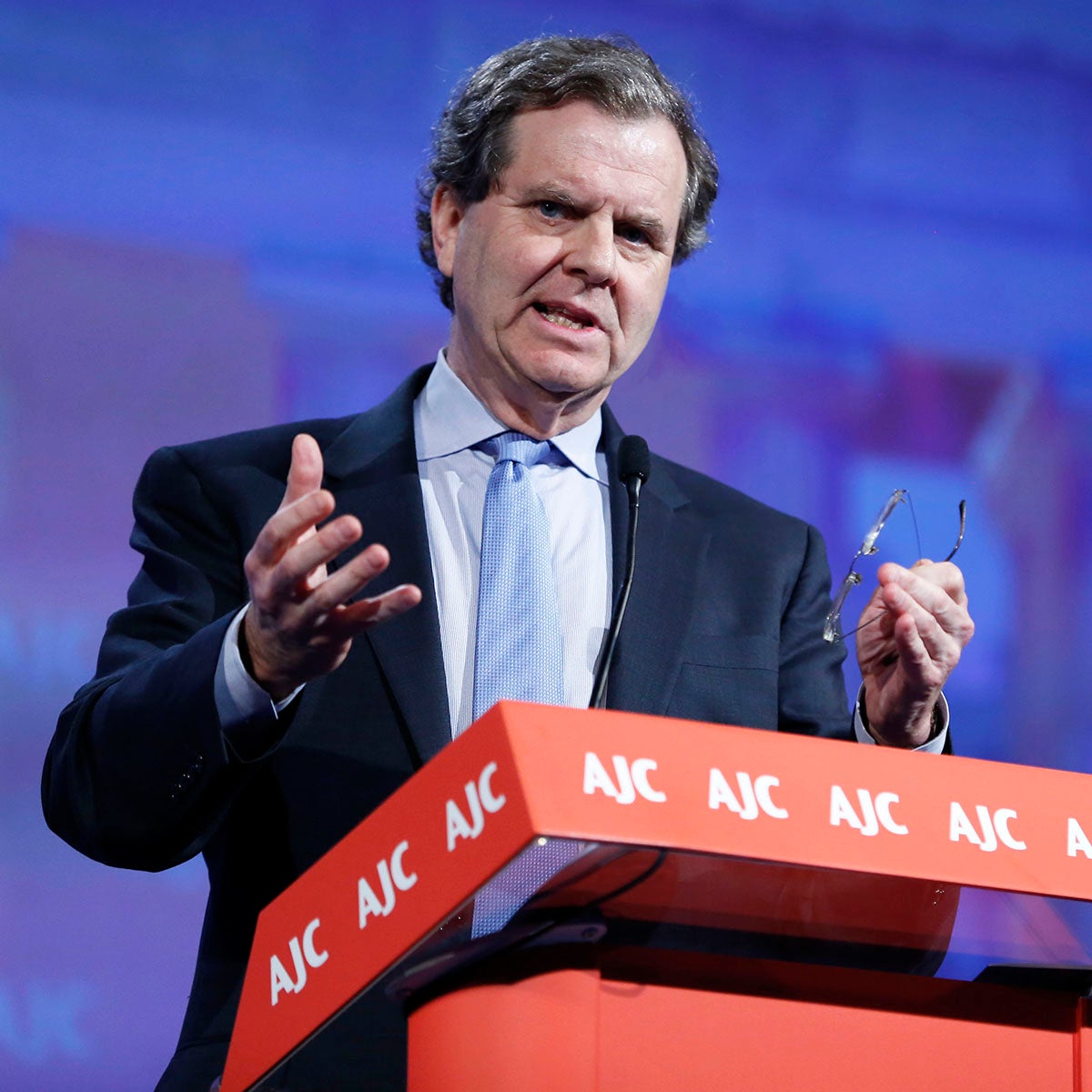October 11, 2018 — Berlin
This piece originally appeared in Der Tagesspiegel.
In 1994, I received a phone call from a friend in Boston. His question came out of the blue: “Would American Jewish Committee like to open an office in Berlin?”
Without a moment’s hesitation, I said yes. Maybe I should have taken more time to consider the idea and its potential implications, but I couldn’t contain my enthusiasm. Four years later, the AJC Berlin office was officially opened in the presence of German Foreign Minister Klaus Kinkel and hundreds of other dignitaries.
There was symbolism and substance attached to the initiative.
The office was housed in a new building in the city center, but the actual land had once been home to the prominent German Jewish Mosse family. Upon regaining possession of the title, the family’s heirs sold it to a property developer with the proviso that there be a living Jewish presence housed there. Knowing of our engagement with Germany, the offer came to us through that initial phone call.
Moreover, the fact that a Jewish presence was being restored to the city had profound personal meaning. My father and his parents had fled 55 years earlier, vowing never to return. Indeed, I recall my trepidation when I phoned my father to let him know of our decision. Instead, his exact words to me were: “Opening such an office is a step in the right direction because we are now, increasingly, living in one world. It’s time to remove barriers.” Having his blessing was priceless.
At the same time, given AJC’s unique history with postwar Germany, it was fitting that our involvement would be taken to this next level. After all, while other Jewish groups largely shunned Germany for decades, AJC understood presciently that Germany would re-emerge on the European and global stages. How it re-emerged, whether as a peaceful, democratic nation or a belligerent, irredentist country would matter enormously.
Therefore, with each passing year, we deepened our points of contact, including government officials, political foundations, religious figures, and other civic leaders. German-American Jewish exchanges were added to the list in 1980. Thus, during the dramatic events of 1989-90, AJC, having developed trust in the new Germany, became the first Jewish group to support reunification. We have never regretted that decision. And in 1994, we launched a pioneering partnership with the Bundeswehr, which, among other outcomes, led to a joint humanitarian mission to assist Kosovar Muslims exiled by the ethnic cleansing of Serbia’s Slobodan Milosevic. Our message: If Germans in uniform and Jews could unite to assist Muslim refugees decades after the Holocaust, none of us needed to be paralyzed by history. Rather, we could set an example for cooperation and progress.
AJC Berlin quickly established itself – first under the leadership of Eugene Dubow, then Deidre Berger, its current director – as a voice on several issues, including the importance of the transatlantic partnership to both Europe and the United States; the unique significance of German-Israeli relations, not just as a product of painful history, but also as a mutually beneficial link between two robust democracies and technological powerhouses; the rebirth of vibrant Jewish life in Germany, led by our friends and partners in the Central Committee of Jews in Germany; and a watchdog on any return of antisemitism, be it from the extreme right, extreme left, or jihadists.
To fast forward, that agenda continues to be timely.
To cite two examples of our current priorities, U.S.-German relations – and transatlantic ties more generally – have weathered assaults in recent years, even as we at AJC continue to believe they are essential for global peace, security, and prosperity. We will not give up our efforts.
And with Germany’s growing multicultural population, including large numbers of migrants from predominantly Muslim countries who may have been exposed to antisemitism, there is an urgent need to make clear that such views have no place in today’s Germany. Meanwhile, this large influx has triggered a strong response from the far right, which does not have any better feelings towards Jews. All this indicates the importance of addressing in a sustained fashion the question of what we call the three “i’s” – immigration, integration, and identity – and always strengthening the bulwark against any resurgence of extremism.
As we celebrate the first 20 years of the pioneering AJC Berlin office, we are fully cognizant that there remains much to be done. Fortunately, history has evolved and we are not alone. Our many German partners give us the confidence to believe that, whatever the difficulties, we will overcome them together.
David Harris is the CEO of American Jewish Committee (AJC).



